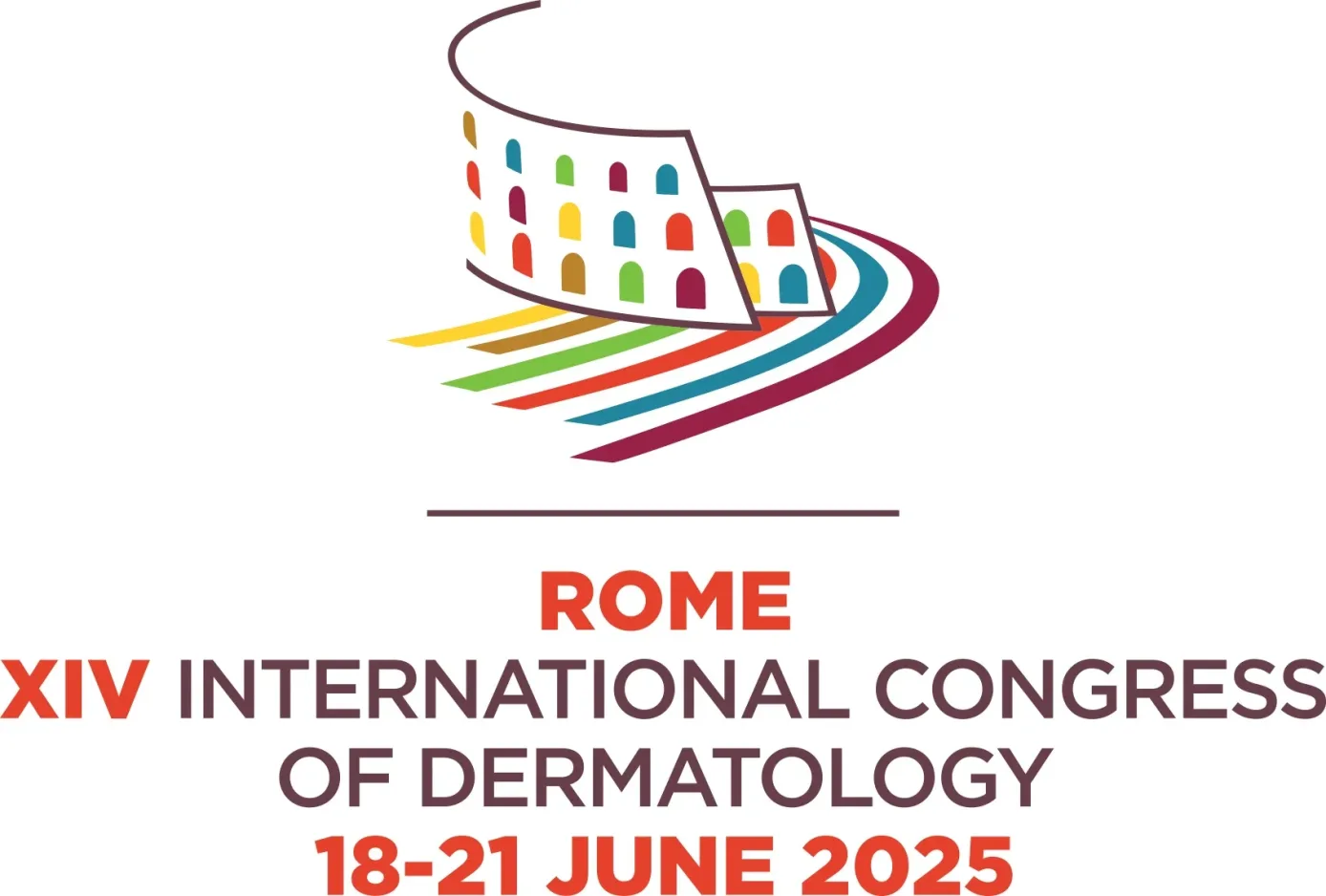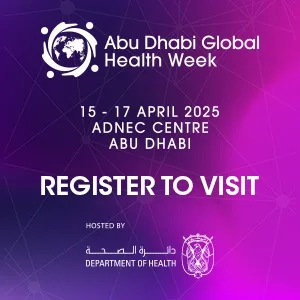Egypt’s healthcare world is getting a big makeover, and the General Authority for Healthcare Accreditation and Regulation (GAHAR) is right in the thick of it. In a special talk with MedEdge MEA, Professor Dr Ahmed Taha, the chairman of GAHAR, explains how they are making healthcare better, what’s coming next for their work, and how they plan to improve things all across the field.
MedEdge MEA: Since assuming leadership at GAHAR, how has the organization impacted Egypt’s healthcare system, particularly in terms of policy formation and overall transformation?
Prof. Dr Ahmed Taha: Since taking the helm at GAHAR, our primary mission has been to establish patient safety and healthcare quality as non-negotiable cornerstones of Egypt’s healthcare system. In alignment with Egypt Vision 2030 and the Universal Health Insurance System (UHIS), we have spearheaded the development of national healthcare quality standards, ensuring that medical institutions operate in accordance with internationally recognized benchmarks.
One of our key achievements has been the integration of accreditation frameworks across all healthcare facilities, providing a structured path for continuous improvement, reducing medical errors, and cultivating a patient-centered culture. Beyond that, GAHAR has played a strategic role in policy formulation, collaborating closely with government entities to build a sustainable, integrated healthcare ecosystem that enhances public confidence in healthcare services.
ME: With global healthcare trends evolving rapidly, how do you see the future of accreditation in Egypt, and what role will GAHAR play in this transformation?
AT: Healthcare accreditation must be dynamic and forward-thinking, embracing innovations such as digital health transformation, artificial intelligence (AI), and data-driven decision-making. At GAHAR, we recognize that regulatory frameworks must continuously evolve to integrate these advancements while upholding the highest standards of patient safety and care quality.
A cornerstone of our strategy is the periodic revision of accreditation standards, which GAHAR submits to the International Society for Quality in Health Care (ISQua) every four years for review and reaccreditation. This process reinforces GAHAR’s credibility as an internationally recognized accreditation body while ensuring that Egyptian healthcare facilities remain aligned with the latest advancements in medical and operational excellence.
Looking ahead, our vision is to position Egypt as a regional benchmark for high-quality, technology-driven, and patient-centric healthcare, one that is resilient, efficient, and future-ready.
Also Read : Adding the ‘Transformative’ to the ‘Interactive’ in Patient Experience
ME: Under your leadership, what innovative initiatives has GAHAR introduced to elevate healthcare quality across Egypt?
AT: GAHAR has launched several groundbreaking initiatives to enhance healthcare quality, patient safety, and sustainability. One of our flagship programs is the “Green Hospitals” initiative, which aligns with Egypt’s climate resilience goals and aims to transform healthcare facilities by optimizing energy consumption, reducing carbon emissions, conserving water, and improving medical waste disposal practices. By embedding sustainability into healthcare operations, we ensure a healthier environment for both patients and medical professionals while contributing to Egypt’s National Climate Strategy 2050.
Another landmark initiative is the “Egypt Healthcare Quality Index” (MOASHER MASR)—a collaborative project between GAHAR and the World Health Organization (WHO). This index provides a standardized framework to measure and monitor healthcare quality indicators across hospitals in both the public and private sectors, fostering a culture of data-driven improvement.
GAHAR has also been instrumental in expanding the role of private-sector providers within the Universal Health Insurance System (UHIS). Through high-level workshops in partnership with the WHO, we have engaged key stakeholders to develop governance frameworks that enhance private-sector participation in primary healthcare services.
ME: Balancing healthcare accreditation, hospital management, and medical education is complex. How do you manage these responsibilities effectively?
AT: Successfully leading in healthcare accreditation, hospital governance, and medical education requires a strategic vision, adaptability, and an unwavering commitment to continuous improvement.
Throughout my career, I have held several key leadership positions, including CEO of Cairo University Hospitals and General Director of New Kasr Al-Ainy Teaching Hospital. These experiences have provided me with an in-depth understanding of hospital operations, patient safety protocols, and quality improvement strategies, shaping my approach to healthcare regulation at GAHAR.
A core focus of my leadership has been investing in human capital. One of our most significant initiatives in this regard is the GAHAR EGYCAP program, Egypt’s first accredited professional diploma designed to train specialists in preparing healthcare facilities for accreditation. Officially recognized by the Egyptian Health Council, this program equips professionals with the skills needed to implement GAHAR’s national quality standards, which have also received ISQua accreditation.
Beyond technology, embedding a stronger culture of patient safety remains a top priority.
Professor Dr. Ahmed Taha, Chairman of GAHAR, Egypt
Ultimately, effective healthcare leadership is built on global collaboration, data-driven decision-making, and a relentless pursuit of excellence—all of which drive our efforts at GAHAR to enhance accreditation, improve hospital management, and revolutionize medical education.
ME: If you could implement one transformative change in Egypt’s healthcare system today, what would it be and why?
AT: If I had the opportunity to implement a single transformative change, it would be the full-scale digital transformation of healthcare services. Integrating cutting-edge technologies such as AI-driven diagnostics, predictive analytics, and big data applications would revolutionize healthcare accessibility, efficiency, and patient outcomes.
A digitally integrated healthcare system would enable real-time patient monitoring, seamless data-sharing between healthcare facilities, and predictive analytics for early disease detection—resulting in proactive, rather than reactive, healthcare delivery. Furthermore, expanding the use of electronic health records (EHRs) and telemedicine platforms would vastly improve healthcare accessibility, particularly for underserved and remote communities.
Beyond technology, embedding a stronger culture of patient safety remains a top priority. More than 50% of medical harm cases worldwide are preventable, and reducing these incidents requires a multifaceted approach, including stricter regulatory enforcement, continuous training for healthcare professionals, and deeper patient engagement strategies.



















